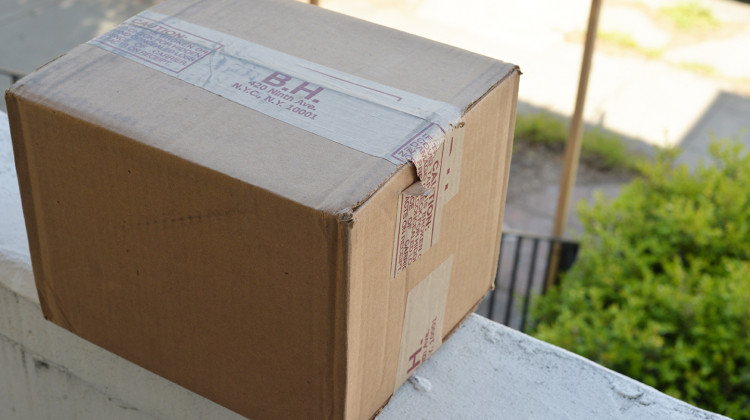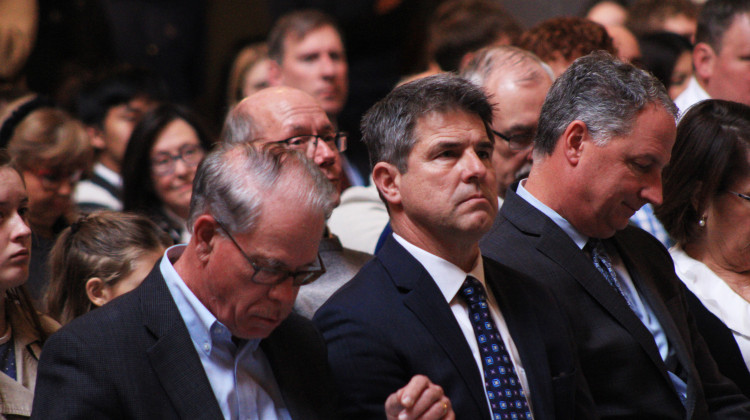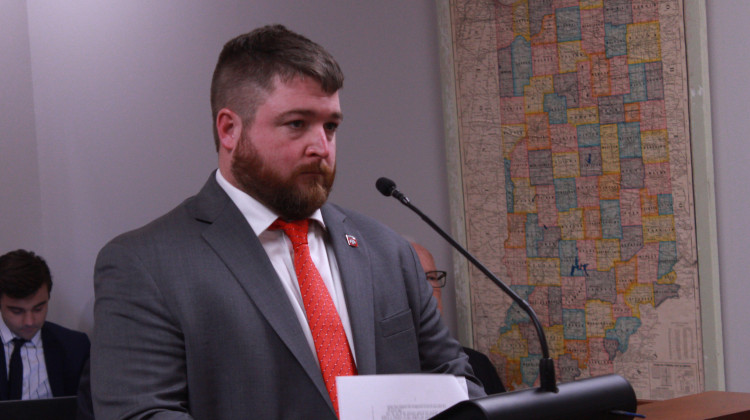
A Supreme Court ruling has opened the door for Indiana's 2017 online sales tax law. (Paul Sullivan/Flickr)
Hoosiers can now plan to start paying sales tax for almost everything they buy online after the U.S. Supreme Court ruled such taxation legal.
Online purchases made in Indiana will be subject to the 7 percent sales tax upfront. The state prepared for this day for over a year after passing legislation in 2017 to collect online sales tax from most businesses.
Indiana Chamber Vice President Bill Waltz says the Supreme Court ruling is big win for Indiana.
“It’s going to bring in probably somewhere in the range of a $100 [million] perhaps as high as $200 million in additional revenue on an annual basis,” Waltz says.
While consumers might have to now pay tax, Ball State University economist Michael Hicks doesn’t see the additional sales tax impacting online purchases made by Hoosiers.
“For most consumers who are shopping, it’s not the price, it’s not the sales tax exemption that matters, it’s the fact that it can actually be cheaper,” Hicks says.
Indiana filed a lawsuit last year asking the courts to overturn a 26 year-old ruling that denied online sales tax if businesses didn’t have a physical presence in the state.
For small online retailers, not much will change for them with today’s Supreme Court ruling to legalize online sales tax.
A 2017 state law to require businesses to collect online sales tax only applies to those who make at least $100,000 a year or at least 200 yearly transactions in the state.
Former Indiana Fiscal Policy Institute President John Ketzenberger says the tax is meant to apply to retailers who bring in significant revenue.
“If you sell, you know, your dining room set and you sell it for a few hundred dollars or whatever the case may be, then this doesn’t effect that transaction,” Ketzenberger says. “But if you’re an Etsy retailor who sells $100,000 worth of a toy that you make, then you’ll have to comply.”
Gov. Eric Holcomb released a statement following the ruling supporting the court’s decision.
“A lot about our world and economy has changed in the 26 years since our nation’s highest court last ruled on this issue,” Holcomb said. “With the incredible evolution of technologies and the growth of internet sales, this Supreme Court ruling will help level the playing field between our Hoosier-based companies that operate retail stores and out-of-state companies that sell products and services online in our state. We’re taking a careful look at the ruling to better understand its implications for Indiana.”
While the newly approved tax could even the playing field between online competitors and brick-and-mortar stores in the state, Hicks doesn’t believe it will stop the trend of closures for traditional box stores.
“The first thing that often will come to mind is that this is going save our local mall; this is gonna save our local retailers. I don’t think so much,” Hicks says.
 DONATE
DONATE






 Support WFYI. We can't do it without you.
Support WFYI. We can't do it without you.